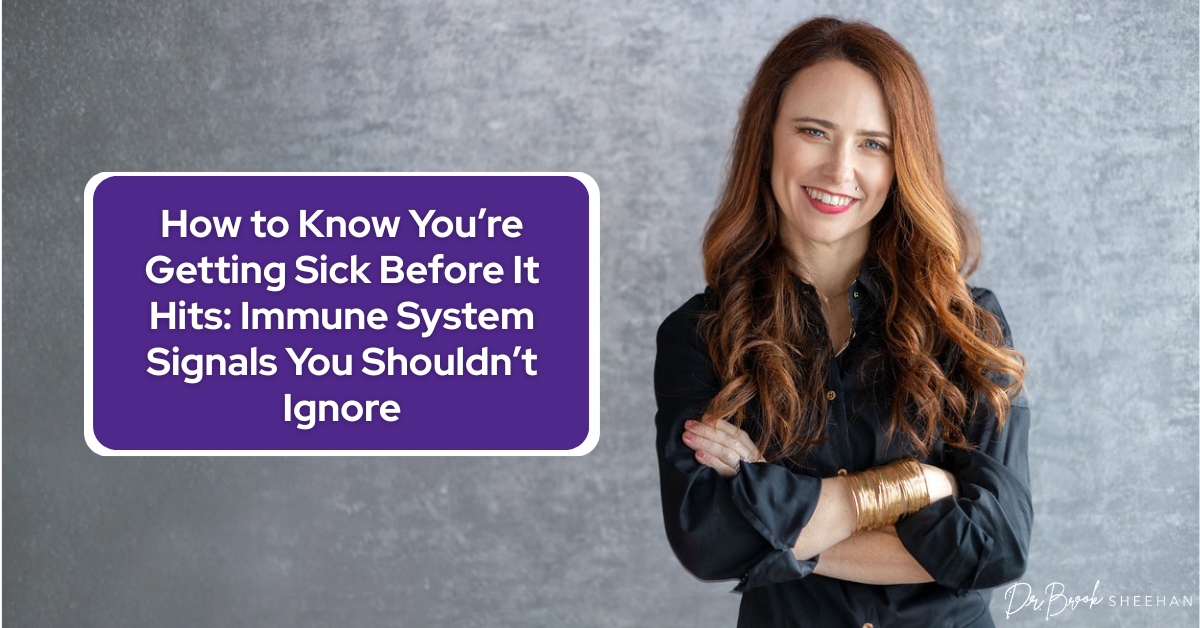You know you shouldn’t.
You’ve told yourself a hundred times you wouldn’t.
But here you are again—
Reaching for the chocolate.
Scrolling to see if they texted back.
Saying “yes” when your body already said “no.”
You don’t feel good afterward.
You might even feel a little ashamed.
But you do it again tomorrow.
If you’ve ever asked yourself, “Why do I keep going back to what I know hurts me?”—you’re not alone.
In fact, the Apostle Paul said it this way in Romans 7:
“I do not understand what I do. For what I want to do I do not do, but what I hate I do.” (Romans 7:15 NIV)
This tug-of-war isn’t just spiritual—it’s physiological, emotional, and deeply human.
And often, it shows up through what we crave.
So let’s talk about cravings.
Not from a place of shame.
But from a place of curiosity.
Because cravings aren’t mistakes.
They’re messages.
And when you listen closely, they’ll tell you everything you need to know about what’s really going on underneath.
Cravings Are Signals, Not Character Flaws
We’ve been conditioned to see cravings as weakness.
To believe that wanting sugar, salt, or attention is some kind of personal failure.
But the truth is:
Cravings are your body’s way of asking for help.
They’re signals that something is misaligned—physically, emotionally, mentally, or spiritually.
Let’s unpack some of the most common ones… and what they might be whispering to you.
Craving Sugar? Your Brain Is Running in Overdrive
When you’re reaching for sugar, the urge might feel out of control.
But biologically, it makes perfect sense.
Your brain needs glucose to function. It’s your brain’s primary fuel source, and when you’re under stress—whether emotional or physical—your brain starts demanding more of it.
According to a study published in Nature Reviews Neuroscience, stress increases neuronal activity and can deplete glucose stores faster than normal, prompting sugar-seeking behavior to replenish that supply .
So if you’re juggling a million responsibilities, skipping meals, or feeling emotionally drained, that craving isn’t just a “bad habit.”
It’s your body’s SOS:
“My energy’s crashing. I need quick fuel.”
But sugar cravings can also point to something more subtle—an emotional hunger for sweetness.
Sweetness in your schedule.
Sweetness in your relationships.
Sweetness in your inner dialogue.
Ask yourself:
- Am I nourishing my body with enough protein and healthy carbs to keep blood sugar stable?
- Am I missing joy, comfort, or delight in my daily life?
- Am I reaching for sugar because I’m under-fueled… or under-loved?
Craving Salt? Your System May Be Crying Out for Stability
Salt cravings aren’t random either.
They often show up when your adrenals are overworked.
When you’re under constant stress, your adrenal glands push out cortisol—your primary stress hormone. This depletes electrolytes like sodium, and your body starts looking for ways to restore balance.
Salt helps with fluid retention, nerve function, and blood pressure regulation.
So your salt craving might mean:
“I’m depleted. I’m stretched. I need grounding.”
On an energetic level, salt is tied to boundaries. It helps preserve, protect, and hold structure.
Ask yourself:
- Where am I leaking energy?
- Where am I saying “yes” when I need to say “no”?
- Is this craving a call to replenish or reinforce?
Craving Toxic People? It’s Familiar Pain Masquerading as Safety
Some of the strongest cravings aren’t for food.
They’re for people who consistently leave you empty, drained, or doubting your worth.So why do we go back?
Because sometimes, we confuse familiarity with safety.
If we grew up learning that love required self-sacrifice or pain, our nervous system may find comfort in chaos.The craving to reconnect with someone toxic is often a trauma response, not a love story.
You may be craving:
- Resolution
- Validation
- Proof that you’re finally “enough” to be chosen
But going back to what’s harmful doesn’t close the loop—it deepens the wound.
Ask yourself:
- What deeper need is this person representing?
- What would it look like to meet that need in a healthier way?
- Am I seeking healing—or reliving hurt?
bodyOS™ and the Root of Every Craving
To decode cravings, we need a full-body approach.
That’s where the bodyOS™ framework comes in—your body’s built-in operating system. It processes every thought, bite, interaction, and belief you encounter.
When cravings arise, they’re almost always rooted in one (or more) of the four bodyOS™ pillars:
🧠 Physical
Is your blood sugar unstable? Are your adrenals shot? Are you getting enough rest, minerals, and protein?
The body’s most basic cravings often stem from nutritional deficiencies or unbalanced physiology.
✨ Spiritual
Are you craving connection with God? Are you living in alignment with His design for your life?
A spiritual drought can create an internal restlessness—one we may unconsciously try to fill with food, scrolling, or attention.
💛 Emotional
Are you suppressing anger, sadness, grief, or shame?
Unprocessed emotions often show up through compulsions. We reach for something “bad” to distract us from what we haven’t faced.
🧩 Mental
Are your thoughts stuck in loops of guilt, fear, or perfectionism?
Cravings intensify when our mental bandwidth is stretched thin. The body says:
“I need relief, and I need it fast.”
What To Do When the Craving Hits
You don’t need to power through with willpower.
You don’t need to shame yourself into better choices.
You just need to pause… and listen.
1. Pause and ask: “What am I really hungry for?”
Try this next time instead of heading straight to the cabinet or sending that risky text.
Often the craving loses power when the real need is acknowledged.
2. Support your body first.
Start with stabilizing blood sugar and hydration.
Try:
- 1/2 tsp sea salt in warm water
- A balanced snack (like nuts or hard-boiled eggs)
- 5 deep belly breaths to calm your nervous system
3. Journal it.
Use your My Body’s Whispers journal to capture the craving. Write:
- What triggered it?
- What were you feeling before it started?
- What would a loving response look like?
4. Invite God in.
A whisper prayer like:
“God, show me what I’m truly craving”, can open the door to deeper insight and peace.
What To Do When the Craving Hits
You don’t crave sugar because you’re undisciplined.
You don’t return to toxic people because you’re weak.
You don’t feel out of control because you’re failing.
You’re human.
You’re hungry—for clarity, connection, safety, peace.
And sometimes, the only language your body knows how to speak is craving.
But now you know the craving isn’t the end of the story.
It’s the beginning of one.
So the next time you feel the urge to reach for what hurts, pause.
“God, what am I really hungry for?
You’ll be amazed at what your body—and your heart—reveal.
📬 Want more wisdom like this?
Get monthly doses of insight, symptom stories, and bodyOS™ guidance in the Body Talks Newsletter.
👉 os.drbrooksheehan.com/body-talks-newsletter





